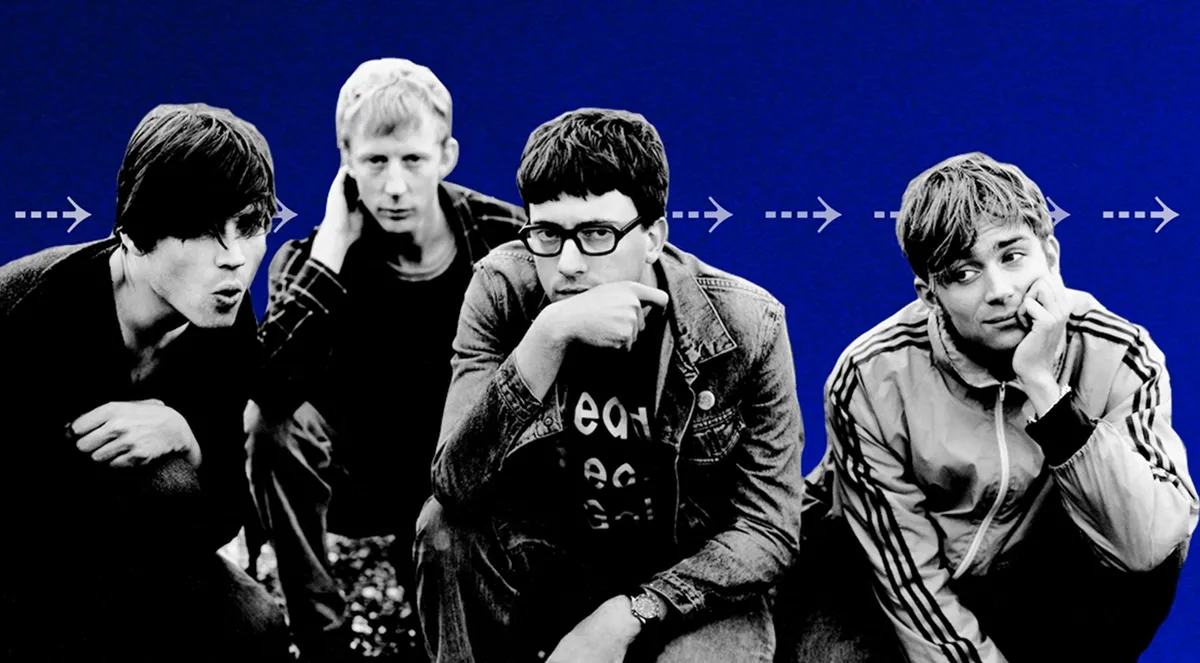Explore what we do
Our services
Bitesize Case Studies

André Rieu is one of the most successful classical musicians of the modern era. Known as the “King of the Waltz,” he has transformed classical music into a global entertainment phenomenon. His Johann Strauss Orchestra tours the world, filling arenas normally reserved for pop and rock acts. With spectacular productions, mass appeal, and record sales in the millions, Rieu has made classical music accessible to audiences far beyond traditional concert halls. Yet success on such a scale comes with challenges. Behind the glamour of the tours, Rieu has faced contractual and employment disputes with members of his orchestra. These cases highlight the complexities of running large, touring ensembles in the classical world, where the line between artistry and employment law is often blurred.

In the 1990s, Blur were one of the defining bands of British music. Alongside Oasis, Suede, and Pulp, they led the Britpop movement, shaping the cultural soundscape of the decade. Their songs captured the mood of a generation and turned them into household names. But behind the hits and the headlines, Blur were caught in a contract dispute with their record label, Food Records, which was distributed through EMI. The dispute highlighted issues familiar to many musicians: royalty calculations, recoupment of costs, and the balance of power between artists and labels. Though Blur achieved extraordinary success, their case shows that even chart topping bands can face battles over money and control.

Few producers and rappers have had as much influence on hip hop as Dr Dre. From his early days with N.W.A. to his solo career and his role in launching artists like Snoop Dogg and Eminem, Dre helped define the sound of West Coast rap and transform hip hop into a global force. Yet behind the success lay years of financial and legal disputes with his former label, Death Row Records. The battle over unpaid royalties, ownership, and accounting stretched across decades. It highlighted the turbulent business practices of one of hip hop’s most notorious labels and illustrated the difficulty artists often face in securing what they are owed.

In 2017, Ed Sheeran released Shape of You, a track that quickly became the best selling digital single of all time. With its infectious rhythm and global appeal, it topped charts in more than thirty countries and cemented Sheeran’s reputation as one of the world’s most successful contemporary songwriters. Yet behind the commercial triumph came a high profile legal dispute. In 2018, two songwriters, Sami Chokri (who performs as Sami Switch) and Ross O’Donoghue, claimed that Shape of You copied elements of their 2015 track Oh Why. The case, which reached the High Court in London, became a defining moment in modern copyright law, highlighting the growing number of disputes over alleged similarities in pop music.

In the early 2000s, digital downloads were transforming the music industry. Apple’s iTunes Store had launched in 2003, offering fans the ability to purchase individual tracks legally for the first time. For labels, downloads represented a new revenue stream at a time when piracy had eroded physical sales. But for artists, the question was simple: how should they be paid for digital downloads? This question became the heart of a landmark lawsuit involving Eminem’s early producers, FBT Productions, and Universal Music Group. The dispute centred on whether downloads should be treated as “sales” or “licences” — a technical distinction with enormous financial consequences. The case highlighted how contract language written decades earlier struggled to cope with new technology, and its outcome shaped royalty calculations for years to come.

.webp)
.svg)
.svg)

.webp)



